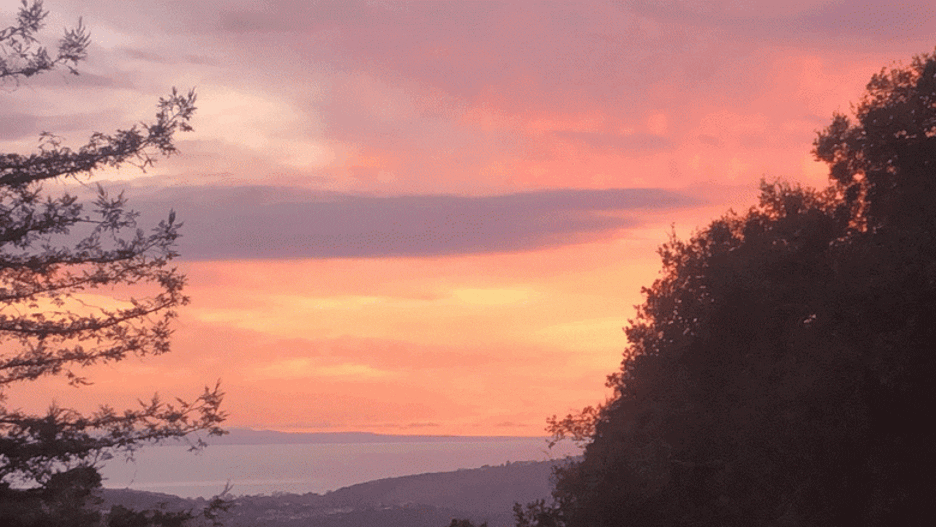
When was the United States’ glory period? I found myself pondering this question after reading Neal Ascherson’s “STONE VOICES: The Search for Scotland,” in preparation for a Scotland trip.
“A people focuses upon its national history … with a touch of melancholy at the thought of how ‘we’ have declined since some defining scene,” writes Ascherson. They’re always seeking to identify a time when “we were really ourselves.”

Americans may claim we’re always in our glory times. Nevertheless, there have been numerous pinnacles. We began with a glorious statement in 1776, crafting the Declaration of Independence.
With this document we declared ourselves as people “created equal,” endowed with the “unalienable Rights” of life, liberty and the pursuit of happiness.
A dozen bloody years later, the Preamble to the Constitution made more outlandish promises:
“We the People of the United States, in Order to form a more perfect Union, establish Justice, insure domestic Tranquility, provide for the common defense, promote the general Welfare, and secure the Blessings of Liberty to ourselves and our Posterity, do ordain and establish this Constitution for the United States of America.”
These could constitute our glory times, but it would be anticlimactic if we were “most ourselves” at our very creation.
I find other candidate periods alluring. Perhaps a half-century after our founding, when Frenchman Alexis de Tocqueville’s famous “Democracy in America” held a mirror to Americans of the 1830s. He recognized and admired Americans’ individualism and ability to organize ourselves for the common good.
However, he also rued the “tyranny of the majority” that resulted in our absconding land from indigenous Americans and mistreating and enslaving minority races.
We did not yet recognize “We the People” as applying to all the people.
I could appreciate 1872 as “when we were most the United States.” That was the year Theodore Roosevelt with Congress established Yellowstone as the first National Park.
In calling the National Park System “America’s best idea,” historian Ken Burns has described the idea as radical and “as uniquely American as the Declaration of Independence: that the most special places in the nation should be preserved, not for royalty or the rich, but for everyone.”
As much as these idealistic summits in history attract me, I would like to offer now as a candidate for our glory days. From divergent perspectives, we are all struggling to realize the founding ideals of the United States with an earnestness we haven’t seen in a long time.
We are wrestling anew with questions like what is equality? How do Americans today define rights like freedom of speech and religion, and how do they matter? What do liberty, opportunity, and democracy mean to us now?
If we can remember and support these ideals over the rhetoric of candidates, I believe we are poised to achieve the ideals of the USA in the foreseeable future.
How can I claim this? I observe our work across many spheres to do better for ourselves and our posterity.
We care about justice in unprecedented ways, naming and acknowledging the periods of the past and present where people of color, immigrants and women have not been treated as the equals under law or within society.
We are trying to ensure a voice for each citizen by opposing attempts to limit access to voting. We are recognizing and treating our environment as a fragile nest which can support us only to the extent we protect its integrity.
In many ways these assertions are still aspirational, but the pathways are becoming clearer. We are, after all, an optimistic nation.
As much as we wisely look back for inspiration, we can look forward to their fulfillment, even perhaps in our own time.
The ‘when’ of USA can be now, in the 21st century. Your thoughtful trip to the voting booth can be your vote for a USA that continually works to become the glory period prophesied by our forefathers.
Karen Telleen-Lawton, Noozhawk Columnist
Karen Telleen-Lawton is an eco-writer, sharing information and insights about economics and ecology, finances and the environment. Having recently retired from financial planning and advising, she spends more time exploring the outdoors — and reading and writing about it. The opinions expressed are her own.

